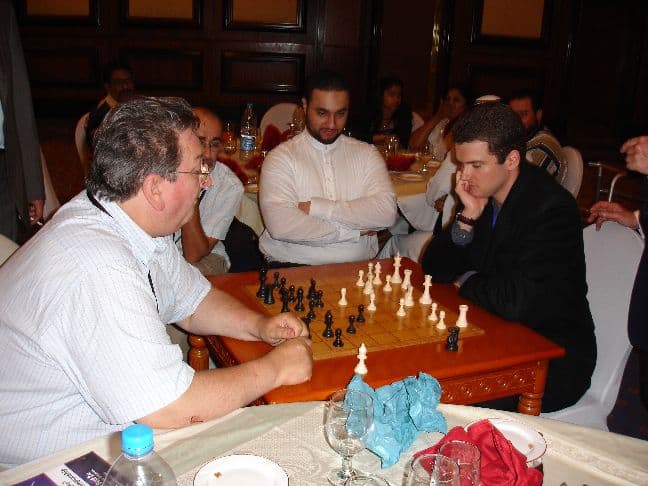


In the end, what is Chess success, Chess improvement really about?
I will tell you my personal view. Chess is about understanding. Nobody doubts that. But Chess is also about remembering. Chess is about position types, the best piece setups, openings moves, endgame motifs, middlegame ideas, checkmate patterns. If Chess was only about understanding, no Grandmaster would learn opening moves.
In short: Memory is part of the game.
We have to accept (and embrace) that: getting the position you want out of the opening. Knowing how to play that devious rook endgame. Recalling the best piece setup in a tricky middlegame position. Recalling plans, recalling ideas.
Playing Chess well means standing on the shoulders of giants. Your own personal understanding can work from there. Seeing it like that, a great Chess memory is the prerequisite to you reaching your full potential as a Chess player.
Let me help you with that.
Let us talk about the study of Chess openings. You regularly hear from some masters that studying the opening in detail is not necessary, that it is enough to just know the ideas and motifs of a position.
But let me tell you one thing: I have had two GMs, two IMs (one of them a GM soon, hopefully) and many strong players as my memory students. And all have agreed that openings ARE important. You get your positions, the ones you know and like. You choose the playing field.
If you do not play the opening, your opponent plays it for you.
With my memory techniques, you can learn to memorize all of your repertoire, extremely reliably, virtually forever, with less forgetting, less repetitions, less tedious clicking, less boredom of replaying the same moves the thousandth time. Sounds too good to be true? It isn’t. It is the cold and hard truth and it will help you to become the best Chess player you can become.
Let me help you with that.
Memory techniques cannot only help you with learning the opening perfectly, like a book, as the well-known quote goes.
You can also memorize endgames, setups, plans, motifs, mating patterns. But wait, you say, isn’t it enough to simply practice those? I say no. It helps, of course, but who does not know the feeling that things have been learned and understood, but cannot be accessed, that you cannot get there? It is simply such a comfort to have all of these things always at your fingertips, ready and usable.
Understanding is no guarantee to remember.
But memory techniques are, the perfect tool to complement your understanding and to make you a more complete player.
Let me help you with that.